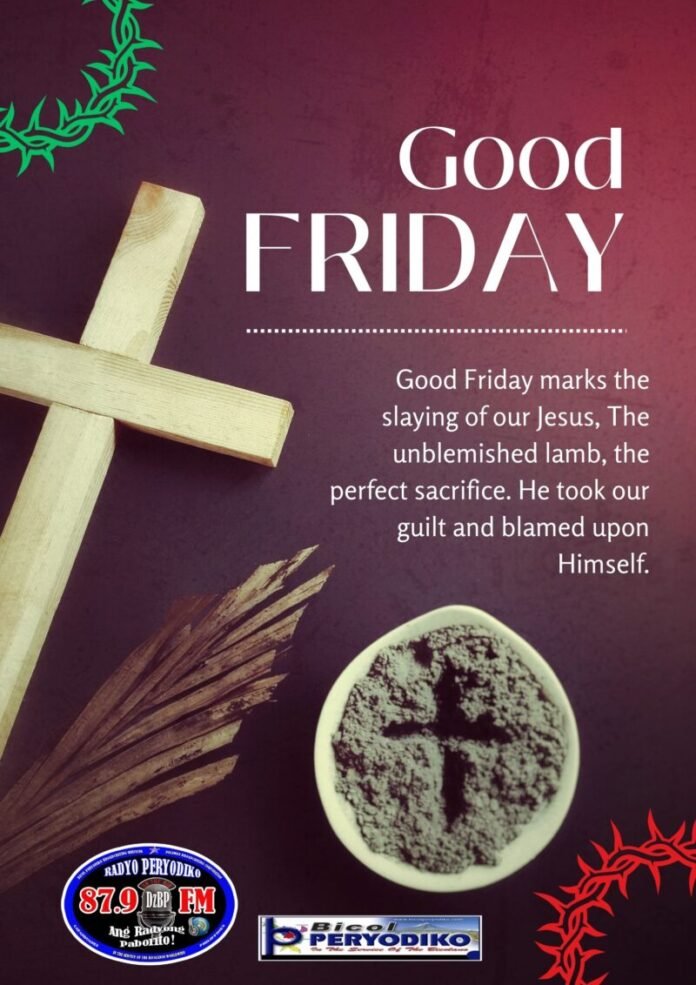Passover (The Feast of Unleavened Bread) is a celebration in remembrance of “The Last Plague”, when the Lord moved throughout Egypt, destroying the firstborn people and animals and forcing Pharaoh to release the Israelites (Exodus 11). Commanded by God, the Israelites slaughtered and smeared the blood of an unblemished lamb on their doorposts and lintel (door frame). The blood was a sign to the Lord to “pass-over” their homes (Exodus 12). The slaughtered lambs were known as “passover lambs”. They were a foreshadowing of the final “Passover Lamb”, Jesus Christ, the new covenant, whose blood was shed to cover the sins of those who believe in Him (1 Peter 1:19).
The word “Easter” is found in one Bible translation, in one verse, King James Version 1900, Acts 12:4. Like most words in the modern language, “Easter” can be traced back generations through various translations, understandings, and origins. “Easter”, also called “Pascha” (Greek, Latin), is a cumulative translation of “Passover”, “Passover Meal”, and “Passover Lamb”. Passover foreshadowed the death of Jesus; Easter is a celebration of his resurrection. Christians share the world with people of various beliefs and perspectives. Even within the Christian Faith, there are differences in interpretation.
The Bible does not require or restrict Christians from observing Passover or Easter. Some observe Passover, the foreshadowing of Christ’s atoning sacrifice on the cross. Some observe “Easter” in remembrance of Jesus’ crucifixion, death, burial (Good Friday), and resurrection (Resurrection Sunday). Some Christians observe both Passover and Easter, and some observe neither. The true value of a day or date is personal. Regardless of how others value dates, days, and symbols, we are empowered to value them as we choose. Whether you choose to observe Passover, Easter, both, or neither, it’s important to consider why or why not you are doing so. If a Christian chooses to observe Passover, Easter, both, or neither, their attitude, attire, and actions should be worthy of the gospel of Christ (Philippians 1:27).
Regardless of our choice, we mustn’t allow our convictions about a holiday to be a cause for pride or division in the body of Christ. We mustn’t judge those who choose differently than ourselves (Matthew 7:1-5, James 4:11-12). Regardless of our convictions and choices, we must strive to exemplify the principles in Romans 14. We must do all things as for the Lord (Colossians 3:23).
I believe the life, atoning sacrifice, and resurrection of Christ is something to be celebrated, not just on Easter but every day of the year. Christ’s death and resurrection should be a daily reminder that God overcomes the forces of evil, that love triumphs over sin, and that truth prevails over lies. It should be a daily reminder and hope of eternal life for all who believe.
God bless. ![]() -L | VIA Christian Life Ministry
-L | VIA Christian Life Ministry




















